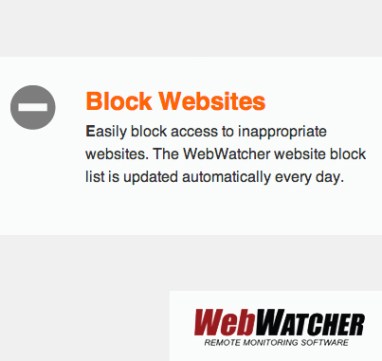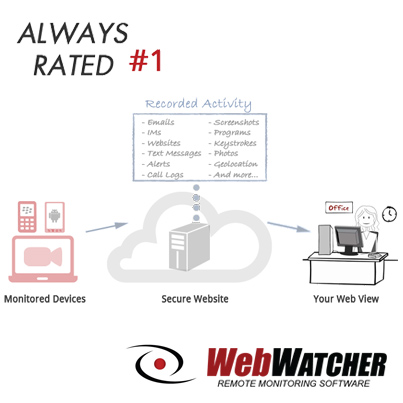Parents often worry about keeping their children safe from predators in the real world, but the fact is that there are plenty of online predators as well. In some ways, it’s easier for an online stalker to find and harass people than it is for an offline stalker. And of course, online stalking can easily become offline stalking under the right circumstances, which can be dangerous. Here’s what you should know about the possibility of your teen being stalked online.

Who is a Cyberstalker?
An online stalker could be a stranger, but they could also be someone that your child knows. Former romantic partners and family members are common stalkers. A stalker could also be a coworker or someone with a crush that your teen doesn’t return, or they could be someone that only knows your child online and has no offline connection to them at all.
Some cyberstalkers have a pattern of stalking and harassing others online, but many others have never stalked before developing a fixation on their current victim. Either way, there’s no guarantee you or your child would know by looking at someone that they’re a stalker. Stalkers look like everyone else and may be perfectly friendly in person, which can make the situation that much more frustrating and difficult to prove to others.
What Does Cyberstalking Look Like?

Cyberstalking isn’t always easily identifiable, even to the victim. Some cyberstalkers may engage in obvious harassment – sending angry or threatening messages or emails, posting unkind things, threatening to post harmful or embarrassing information if their victim does not comply with their requests.
Other stalkers are less obvious. They may follow you around online, joining forums and websites that they’ve never visited before just because you’re there. They may tag you in posts that don’t have anything to do with you or comment on everything that you post. They may send numerous messages and emails that you have no interest in reading. Even if the content of the messages is positive or neutral, the stalker’s actions make their victims feel uncomfortable. If you’re not sure, one way to tell if the behavior you’re seeing is stalking is to tell the person to stop, in no uncertain terms. A stalker continues the harassment even after being asked to stop.
What Teens Should Do if They’re Being Stalked Online
If your child believes they’re being stalked, the first thing they should do is tell the stalker to stop contacting them. However, they should only do this once. After asking the stalker to leave them alone, your teen should cut all contact – they shouldn’t respond to or engage with the stalker. If possible, they should block the stalker from contacting them on social media or message boards.
The next thing your teen should do is start keeping documentation of any contact the stalker makes. They can take screenshots or print out emails or messages when possible. Your teen may be able to use that documentation to get the stalker removed from online forums, or if the stalker is a student at the same school as your teen, get the school to take action. What’s more, if the stalking becomes threatening, the documentation can be turned over to law enforcement as evidence.
Parental monitoring software can help you see who your kids are interacting with online. You might spot the signs of a cyberstalker before your child does. To find out how parental monitoring software can help, get our free trial.





